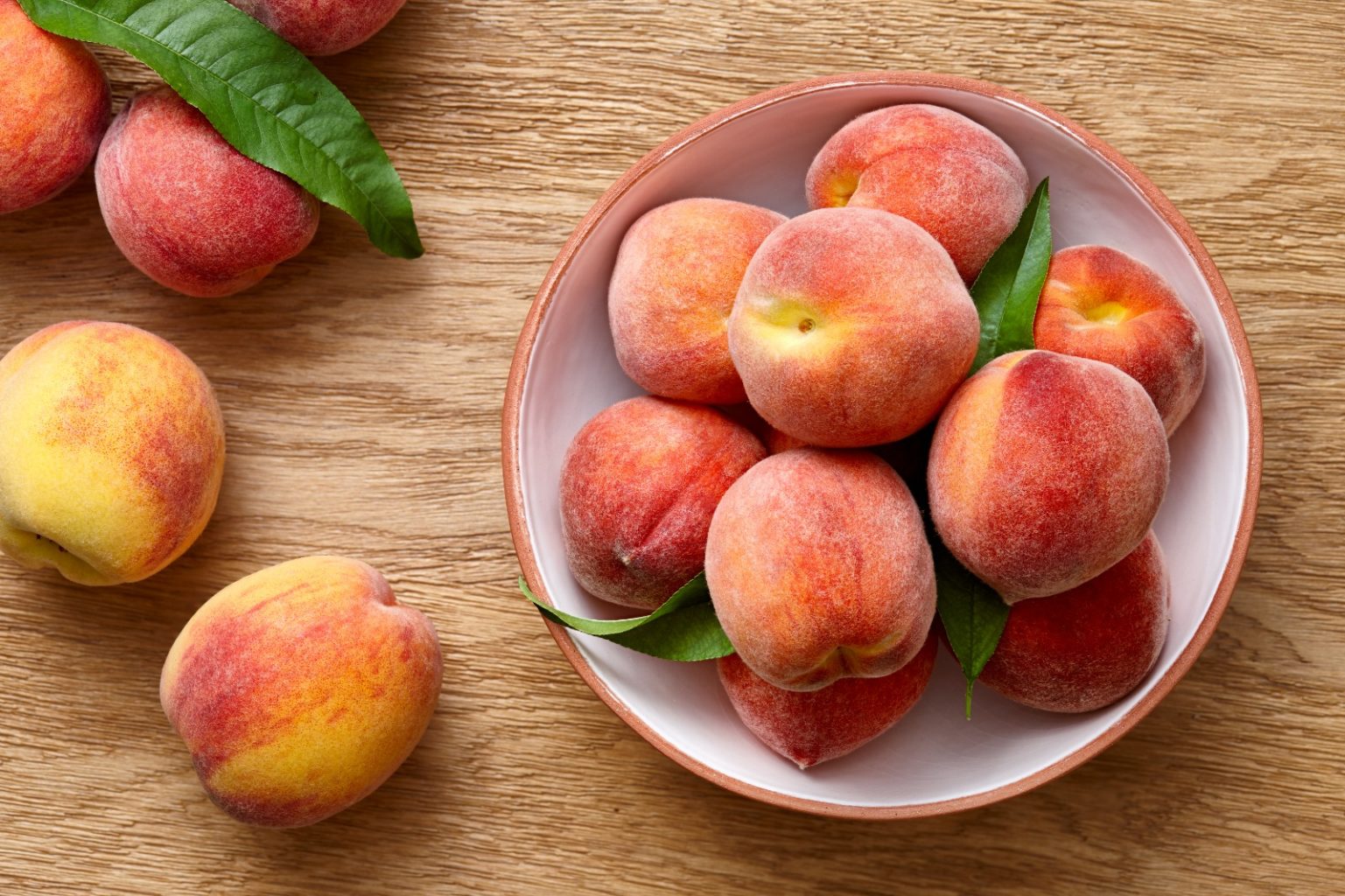Within the innovation lines that SANIFRUIT has been researching in recent years, and thanks to the company’s investment on its R&D&I, it has been possible to develop a treatment to extend the post-harvest life of stone fruit: SANI-FH L. This product addresses the conservation of this kind of fruit from the point of view of the critical factors that affect it such as appearance, weight loss, organoleptic qualities and delay in the appearance of post-harvest pathogens.
The project has been supported by IVACE within the SME R&D PROJECTS (PIDI-CV) programme, with funding from the European Regional Development Fund (ERDF) through the ERDF Operational Programme of the Valencian Community 2014-2020.
To obtain this goal, as is already usual, the collaboration of IATA has also been key, research institute with which SANIFRUIT has signed a research and development contract called “Development of Edible Coatings based on Nanoemulsions to improve the quality and shelf life of stone fruits”.
During these years of research more than 2000 Kg of fruit in laboratory-scale trials have been tested, which has allowed to make an initial selection of those treatments that could provide value to extend the post-harvest life of these fruits; but the main tests and efforts have been carried out on industrial lines of partners who have very kindly ceded to the company their facilities for this purpose, and without which this development would not have been possible, in which more than 15,000 Tm of fruit have been treated.
For SANIFRUIT one thing is clear: innovative developments must be validated and adjusted in the industry with equipment and fruit in real conditions, which obviously is a great effort but that has led the company to develop an unprecedented treatment for the stone fruit market, which is also organic certified.
In addition to all of this, SANIFRUIT has been fortunate to count on the collaboration of other external research groups such as GIAVOE (Food Research Group of Plant Origin Agro-Food Institute of Aragon), which have also been working for many years to extend the post-harvest life of stone fruit through different techniques, having a deep knowledge on the matter.
Thus, a test was carried on fruits of greatest interest to observe the behavior of the formulated SANI-FH L against other alternative treatments such as biological control, water treatment and a control. The official results are shown below:
Development of strategies for substituting PPPs in stone fruit, berries and table grapes.
Ana Pilar Gracia1, David Gimeno1, Esther Arias1, Rosa Oria, Ma Eugenia Venturini1*
1Plant Food Research Group (GIAOVE). Agro-Food Institute of Aragon–IA2, Miguel Servet, 177. 50013, Zaragoza.
*Author for correspondence: ugeventu@unizar.es
This research is part of the FRUITCARE research project: “Development of strategies for the replacement of PPPs in stone fruit, berries and table grapes” (call for aid from 2020 innovation projects of the MAP), whose main objective is to increase the competitiveness of the fruit-produce sector, anticipating the adaptation of crops to European requirements, through new pre- and post-harvest strategies for the substitution of Active CfS materials, such as the use of environmentally friendly natural products and biocontrol agents. This work shows the results obtained in the search for post-harvest alternative treatments to the use of fludioxonil, one of the active materials which is candidate for substitution and whose allowed use limit date is 31/10/2021 in different types of fruit.
Brown rot in stone fruits caused by Monillinia spp. is responsible for significant pre- and post-waste economic losses reaching up to 80% under favorable weather conditions (Larena et al., 2005). Given its great impact and the problem set out above, the need arises to evaluate alternative treatments to fludioxonil, for the control of this disease in post-box bone fruit.
Different treatments were performed by applying biocontrol products (68±5 L/min recirculation product flow for 2 minutes) to assess their efficacy against brown rot caused by Monilinia spp. Miraflores peach and Angeleno plum. The products used were SaniFruit® (Sani-FH L), Amylo-x® (commercial strain of B. amyloliquefaciens), Aquactiva and a product based on Bacillus velezensis BUZ-14 (strain isolated by the Research Group “Foods of Plant Origin” of the University of Zaragoza). In addition, treatment was performed with Scholar® 230 SC (fludioxonil 23%), phytosanitary of chemical origin used as a reference treatment. These treatments were applied on intact fruits and artificially inoculated fruits with a solution of 105 spores/mL of M. fructicola. The quality assessment (firmness, total soluble solids, acidity) and incidence of rot was carried out every 7 days after cold output and after a marketing simulation period, from three days to 20oC.
At the end of conservation, Miraflores peach highlights the effectiveness of alternative treatments performed with Sanifruit and BUZ-14, whose ability to reduce the incidence of rot caused by Monillinia spp. was 64.6% and 37.23% respectively, with Sanifruit being the closest to that produced by Scholar® 230 SC (73.4%). In Ciruela Angeleno, all treatments were effective in reducing the disease achieving a reduction in incidence in all cases close to thatof Scholar® 230 SC (77.8%). In addition, no symptoms of phytotoxicity were detected in any fruit of the batches tested.
In view of the results obtained in the research, together with the satisfactory results of several customers currently applying the treatment, SANI-FH L is shown to be a fundamental and effective tool for extending the commercial life of stone fruit. What is more, it respects the environment as it is formulated with natural ingredients and improves the health of consumers by not ingesting harmful products to their organism.
In addition, SANI-FH L, like all SANIFRUIT formulations, is aligned with HORIZON EU contributing to the circular economy and reducing food waste.
Do you want to increase your brand image and profitability with your stone fruit without worrying about residues? At SANIFRUIT we are at your disposal to help you, contact us!







